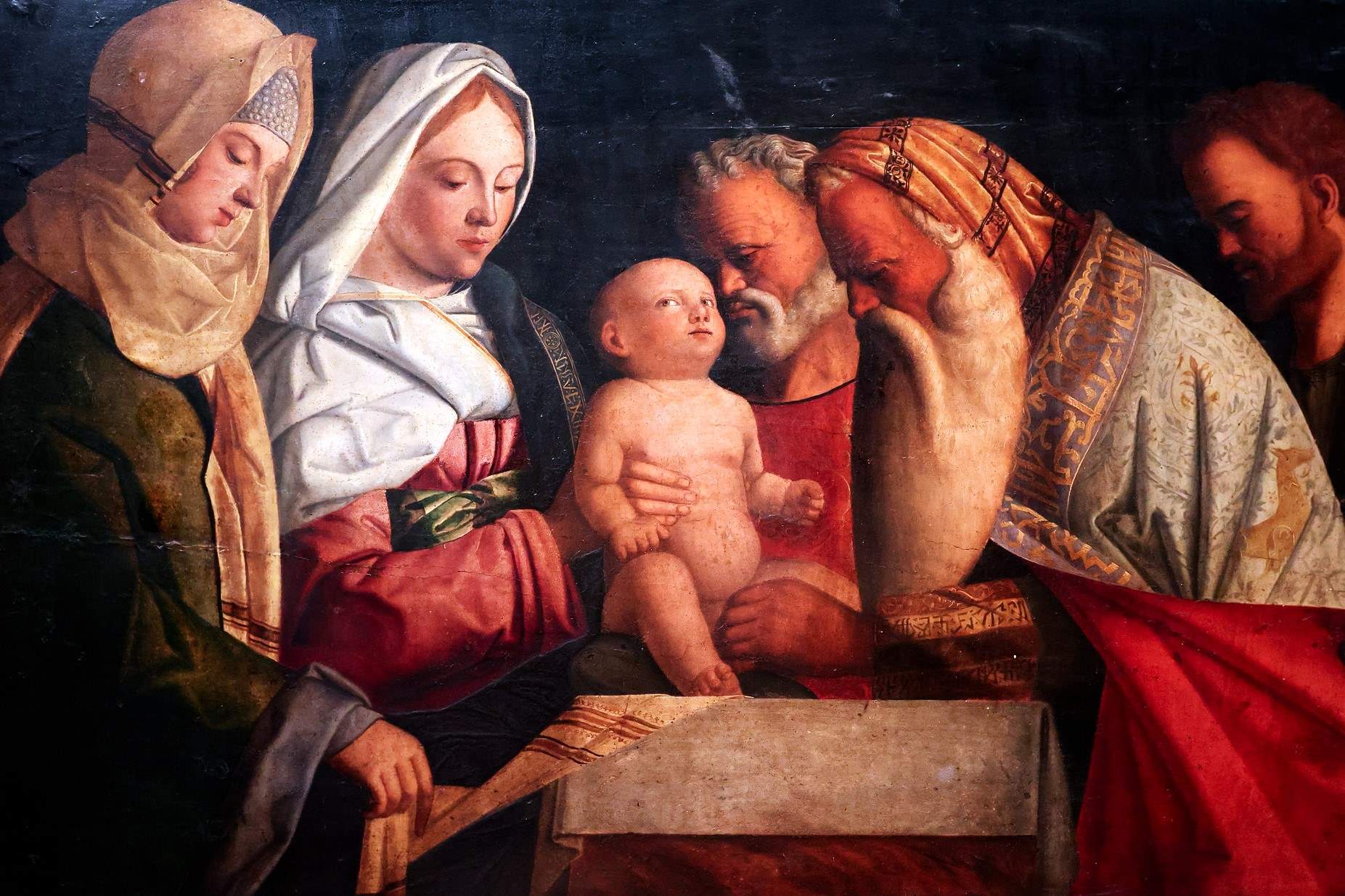
Supersessionism is a theological concept that suggests the Christian Church has replaced Israel in God's plan. This belief has sparked much debate and controversy over the years. But what exactly is Supersessionism? In simple terms, it means that the New Covenant through Jesus Christ supersedes the Old Covenant made with the Jewish people. This idea has roots in early Christian writings and has influenced various doctrines and practices within Christianity. Understanding Supersessionism is crucial for grasping the historical and theological relationship between Christianity and Judaism. Here are 30 facts to help you get a clearer picture of this complex topic.
Key Takeaways:
- Supersessionism, also known as replacement theology, is the belief that the Christian Church has replaced Israel in God's plan. This has influenced Christian attitudes towards Jews and Judaism throughout history.
- Supersessionism has faced criticism for contributing to anti-Semitism and negative attitudes towards Jews. Efforts to improve interfaith relations involve addressing and repudiating supersessionist beliefs.
What is Supersessionism?
Supersessionism, also known as replacement theology, is the belief that the Christian Church has replaced Israel in God's plan. This theological concept has deep roots and significant implications for both Christianity and Judaism.
- Supersessionism posits that the New Covenant through Jesus Christ supersedes the Old Covenant made with the Jewish people.
- This belief has been a part of Christian theology since the early church fathers like Augustine and Justin Martyr.
- Supersessionism has influenced Christian attitudes towards Jews and Judaism throughout history.
- Some theologians argue that the promises made to Israel in the Old Testament are now fulfilled in the Christian Church.
- The term "supersessionism" comes from the Latin word "supersedere," meaning "to sit above" or "to replace."
Historical Context of Supersessionism
Understanding the historical context helps to grasp why and how supersessionism developed over time.
- Early Christians, many of whom were Jewish, initially saw Christianity as a continuation of Judaism.
- As Christianity spread among Gentiles, the distinction between the two religions became more pronounced.
- The destruction of the Second Temple in 70 CE was a pivotal moment that influenced Christian views on Judaism.
- Church councils, such as the Council of Nicaea in 325 CE, helped formalize Christian doctrine, including supersessionist ideas.
- Medieval Christian theologians like Thomas Aquinas further developed and entrenched supersessionist theology.
Supersessionism in Christian Doctrine
Supersessionism has been reflected in various Christian doctrines and teachings over the centuries.
- The New Testament contains passages that some interpret as supporting supersessionism, such as Hebrews 8:13.
- The concept of the "New Israel" is often used to describe the Church in supersessionist theology.
- Supersessionism has influenced Christian liturgy, including prayers and hymns that reference the Church as the new chosen people.
- Some Christian denominations, like Roman Catholicism and certain Protestant groups, have historically embraced supersessionism.
- The Second Vatican Council (1962-1965) marked a shift in the Catholic Church's stance, moving away from supersessionism.
Criticisms and Controversies
Supersessionism has faced significant criticism and controversy, particularly in modern times.
- Critics argue that supersessionism has contributed to anti-Semitism and negative attitudes towards Jews.
- Some theologians believe that supersessionism misinterprets biblical texts and God's promises to Israel.
- The Holocaust prompted many Christian leaders to re-evaluate supersessionist beliefs and their impact on Jewish-Christian relations.
- Modern Christian movements, such as Christian Zionism, reject supersessionism and affirm the ongoing significance of Israel.
- Interfaith dialogues between Christians and Jews often address the contentious issue of supersessionism.
Supersessionism in Modern Theology
Modern theologians have diverse perspectives on supersessionism, reflecting a range of interpretations and beliefs.
- Some contemporary theologians advocate for a "dual covenant" theology, recognizing both the Old and New Covenants.
- Liberation theology, which emphasizes social justice, often critiques supersessionism for its exclusionary implications.
- Post-supersessionist theology seeks to reconcile Christian faith with a positive view of Judaism.
- Theologians like N.T. Wright argue for a more nuanced understanding of the relationship between the Church and Israel.
- Supersessionism remains a debated topic in academic and religious circles, with ongoing discussions about its validity and implications.
Supersessionism and Interfaith Relations
The impact of supersessionism on interfaith relations, particularly between Christians and Jews, is profound.
- Supersessionism has historically strained Jewish-Christian relations, contributing to mistrust and conflict.
- Efforts to improve interfaith dialogue often involve addressing and repudiating supersessionist beliefs.
- Some Christian denominations have issued formal statements renouncing supersessionism and affirming the value of Judaism.
- Interfaith initiatives, such as the Jewish-Christian dialogue movement, work to build mutual understanding and respect.
- The future of interfaith relations may depend on how religious communities address and move beyond supersessionist theology.
Final Thoughts on Supersessionism
Supersessionism, the belief that Christianity has replaced Judaism in God's plan, has sparked much debate. Understanding its history and implications helps grasp its influence on religious thought. This concept has shaped Christian-Jewish relations, sometimes causing tension. Recognizing the roots of supersessionism can foster better interfaith dialogue and mutual respect.
While some see it as a theological necessity, others view it as a source of division. It's crucial to approach this topic with sensitivity and awareness of its impact on different communities. By learning about supersessionism, we can appreciate the complexities of religious beliefs and their historical contexts.
In the end, knowledge of supersessionism enriches our understanding of faith and promotes a more inclusive perspective. Let's continue exploring these important topics to build a more informed and compassionate world.
Frequently Asked Questions
Was this page helpful?
Our commitment to delivering trustworthy and engaging content is at the heart of what we do. Each fact on our site is contributed by real users like you, bringing a wealth of diverse insights and information. To ensure the highest standards of accuracy and reliability, our dedicated editors meticulously review each submission. This process guarantees that the facts we share are not only fascinating but also credible. Trust in our commitment to quality and authenticity as you explore and learn with us.
